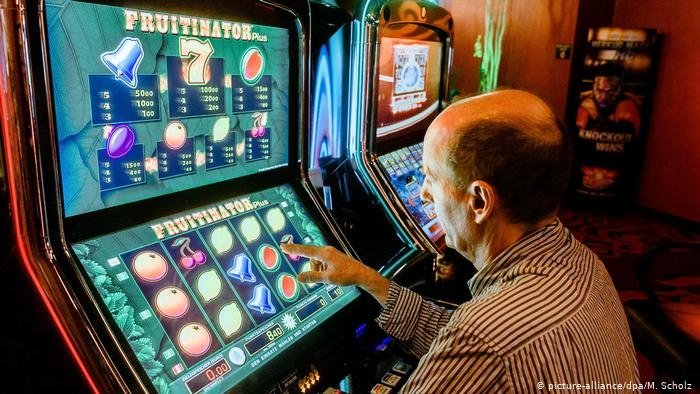
Slot machines are some of the most popular and enticing games in casinos and online platforms, offering the thrill of fast-paced play, flashing lights, and the possibility of life-changing jackpots. However, their addictive nature is a significant concern for both players and experts in the gambling community. Unlike many other casino games, slot machines are designed to provide instant feedback, with each spin triggering a rapid result. This “instant gratification” factor can trigger the brain’s reward system, leading to a sense of excitement and anticipation that some players find hard to resist. For some, the cycle of spinning, losing, and occasionally winning can create a compulsion to keep playing, often with the hope of hitting a big payout. This combination of reward-driven behavior and the random nature of the game makes slot machines particularly prone to fostering addictive tendencies. Learn more about the psychology of gambling.
One of the key factors behind slot machine addiction is the near-miss phenomenon. Players often perceive a near-miss—a situation where they are one symbol away from hitting a winning combination—as a “close call” or an indication that a win is imminent. This illusion of control can keep players engaged and betting, even if they are losing money overall. Many slot machines, especially online versions, use colorful graphics, sound effects, and bonus rounds to keep players’ attention, providing positive reinforcement that fuels the desire to play more. Over time, these cues can lead to an increase in risk-taking behavior, as players chase losses or try to recover previous losses in the hope of striking it rich. As a result, slot machines can become a dangerous cycle of repeated play, chasing wins, and growing financial losses. Explore the science behind near-miss effects in gambling.
Recognizing the signs of slot machine addiction is crucial for both players and loved ones. Symptoms of gambling addiction include spending more time and money on slots than initially planned, neglecting responsibilities, hiding gambling habits from others, and experiencing feelings of guilt or anxiety after playing. If left unchecked, slot machine addiction can have devastating effects on a person’s finances, relationships, and mental health. Fortunately, there are resources available for those struggling with gambling addiction. Many casinos, both online and physical, offer self-exclusion programs and tools to set limits on playtime and spending. In addition, therapy and support groups for gambling addiction, such as Gamblers Anonymous, can provide individuals with the help they need to regain control. The key to managing the risks associated with slot machines is understanding the addictive potential of these games and setting healthy boundaries before the fun turns into a dangerous habit. Find resources for gambling addiction support.
Jackpots Await! Try Your Luck with Top Casino Slots
